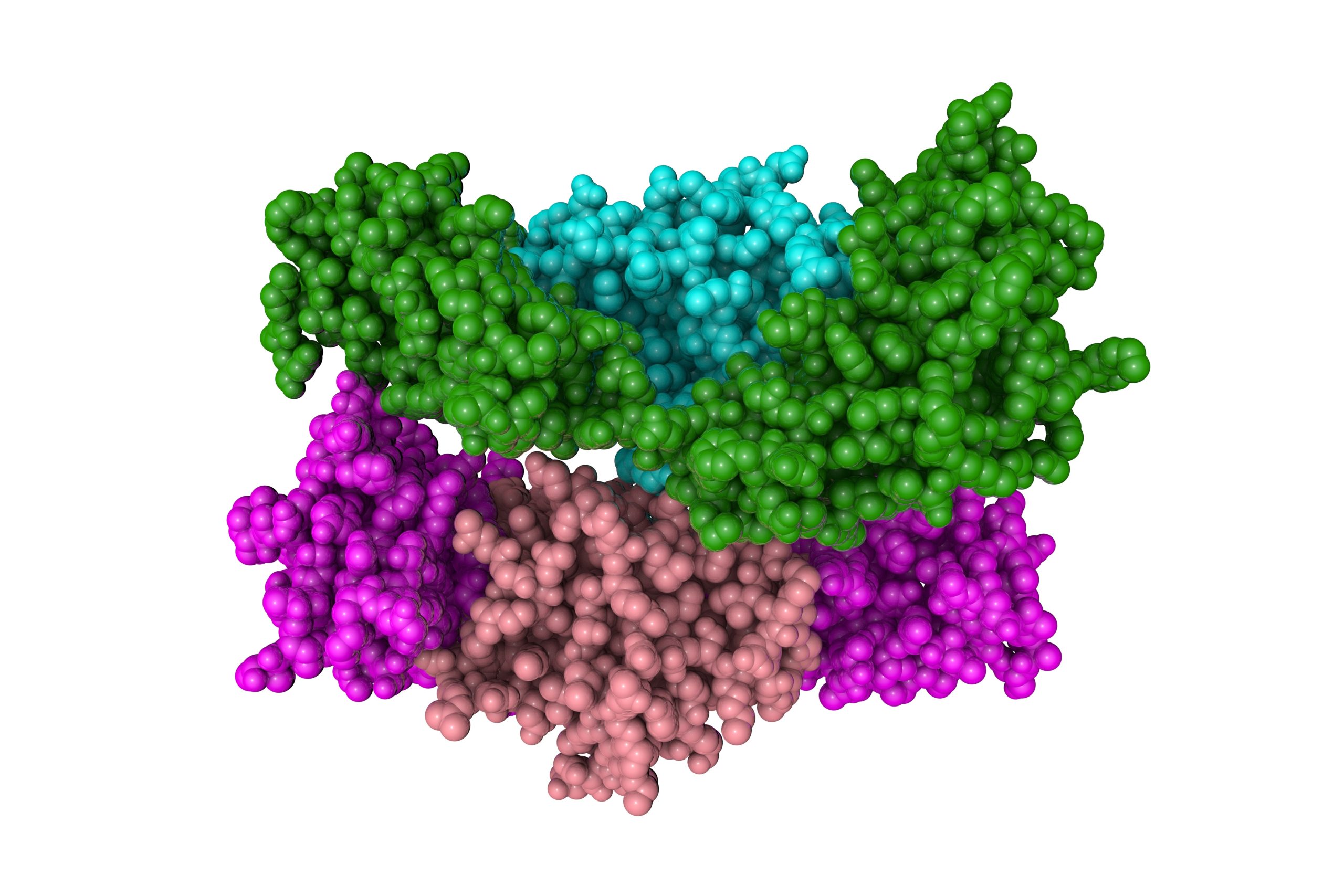
According to a team of researchers led by Gabriela Hjell, the biological mechanisms of agitation in patients with severe mental disorders are not well understood. Since inflammasome-related abnormalities have been associated with severe mental disorders, the team examined levels of circulating inflammasome-related immune markers for possible associations with agitation.
Based on their data, Hjell and colleagues suggested that the interleukin (IL)-18 system was part of the biological correlate of agitation independent from affective and psychotic symptoms. They noted their findings add to the growing evidence of immune system dysfunction in severe mental disorders. Their data were published in Psychoneuroendocrinology.
IL-18 System Is Biologic Component of Agitation in Mental Disorders
The study included 660 patients with psychotic or affective disorders. Researchers evaluated plasma levels of IL-18, IL-18 binding protein (IL-18BP), IL-18 receptor 1 (IL-18R1), IL-18 receptor accessory protein (IL-18RAP), and IL-1 receptor antagonist (IL-1RA). Agitation severity was determined with the Positive and Negative Syndrome Scale Excited Component.
The authors reported that agitation was positively associated with IL-18BP (β=0.13; t=3.41; P=.0007) and remained associated after adjusting for the confounders of body mass index, smoking, medication, and substance use. Researchers noted that adjustments for psychotic, manic, and depressive symptoms did not change the association.
Conversely, investigators observed no significant associations between agitation and the other immune markers evaluated, nor any related results in a subgroup (n=463) with analysis adjusted for cortisol levels.
“Taken together, our results suggest the IL-18 system as a significant, yet modest, part of the biological correlate of agitation in severe mental disorders, independent of affective and psychotic symptoms,” the authors summarized.
Related: Patient Preference in Agitation Medication Formulations

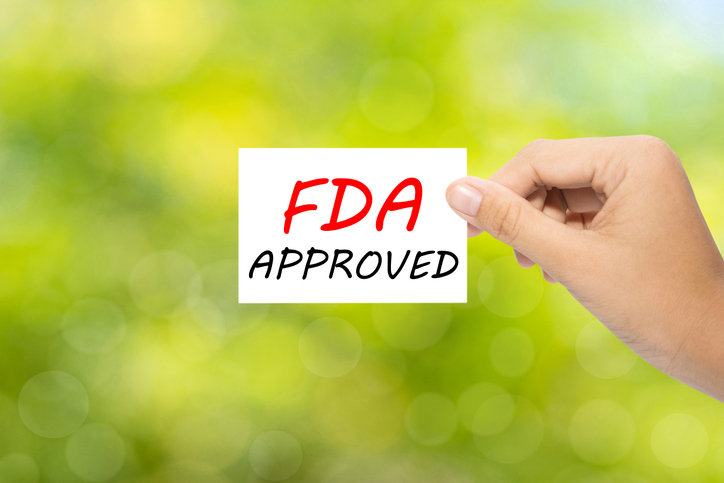
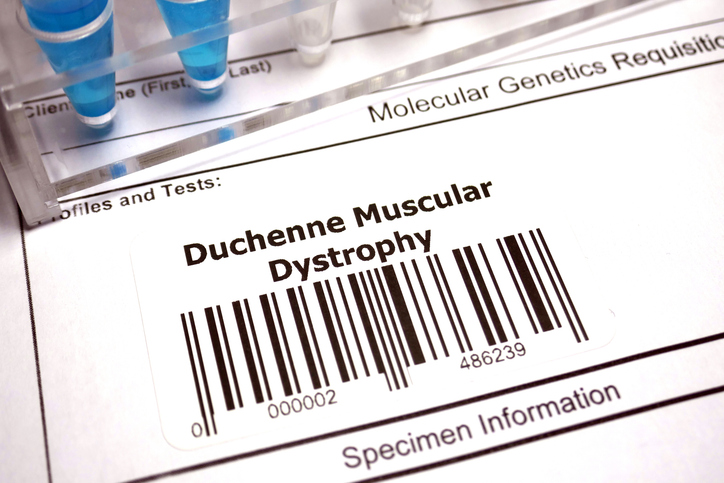
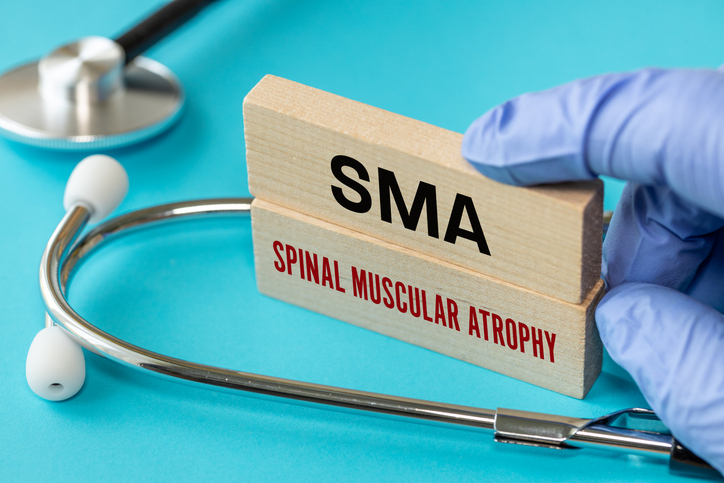
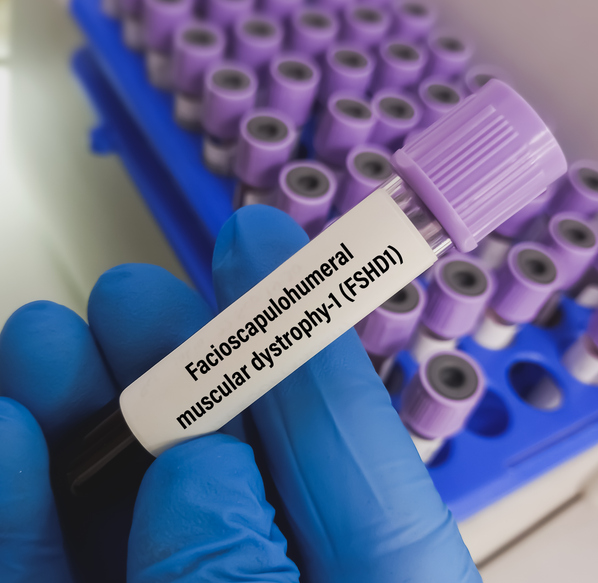
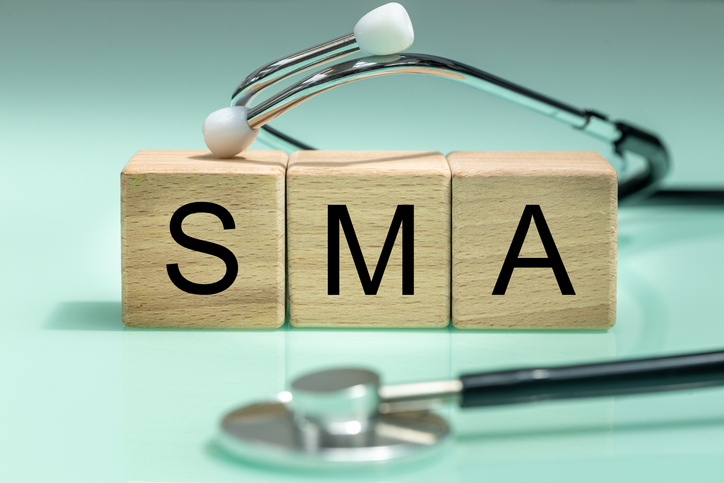

 © 2025 Mashup Media, LLC, a Formedics Property. All Rights Reserved.
© 2025 Mashup Media, LLC, a Formedics Property. All Rights Reserved.